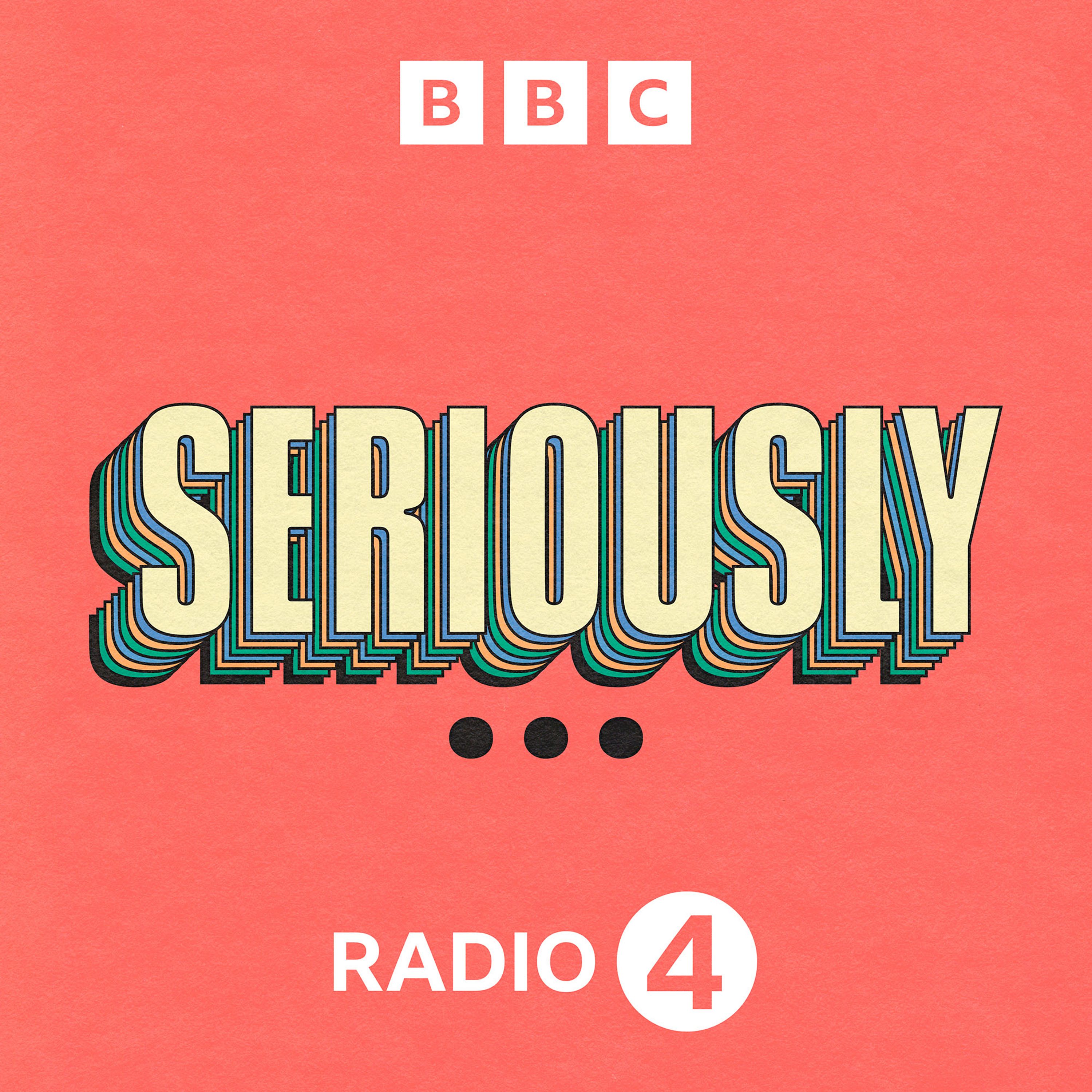- Other
- SEE MORE
- classical
- general
- talk
- News
- Family
- Bürgerfunk
- pop
- Islam
- soul
- jazz
- Comedy
- humor
- wissenschaft
- opera
- baroque
- gesellschaft
- theater
- Local
- alternative
- electro
- rock
- rap
- lifestyle
- Music
- como
- RNE
- ballads
- greek
- Buddhism
- deportes
- christian
- Technology
- piano
- djs
- Dance
- dutch
- flamenco
- social
- hope
- christian rock
- academia
- afrique
- Business
- musique
- ελληνική-μουσική
- religion
- World radio
- Zarzuela
- travel
- World
- NFL
- media
- Art
- public
- Sports
- Gospel
- st.
- baptist
- Leisure
- Kids & Family
- musical
- club
- Culture
- Health & Fitness
- True Crime
- Fiction
- children
- Society & Culture
- TV & Film
- gold
- kunst
- música
- gay
- Natural
- a
- francais
- bach
- economics
- kultur
- evangelical
- tech
- Opinion
- Government
- gaming
- College
- technik
- History
- Jesus
- Health
- movies
- radio
- services
- Church
- podcast
- Education
- international
- Transportation
- kids
- podcasts
- philadelphia
- Noticias
- love
- sport
- Salud
- film
- and
- 4chan
- Disco
- Stories
- fashion
- Arts
- interviews
- hardstyle
- entertainment
- humour
- medieval
- literature
- alma
- Cultura
- video
- TV
- Science
- en
Decolonising Russia

All along Russia\u2019s border, in former Soviet republics, the Ukrainian war has prompted a new, more assertive sense of national identity. They\u2019re asking whether \u2013 despite independence \u2013 they\u2019ve really overcome the legacy of 'Russian colonialism.'
Meanwhile activists from the many ethnic minorities inside Russia are increasingly describing themselves as victims of colonialism too - and demanding self-determination. The debate about the 'imperial' nature of Russia has now also been taken up by strategists, politicians and scholars in the West. Many are questioning their own previous 'Russocentric' assumptions, and asking whether 'decolonising' Russia is the only way to stop the country threatening its neighbours - and world peace.
But some also wonder whether the term 'decolonisation' is really relevant to Russia \u2013 and what it means. Is it about challenging the '0imperial mindset' of its rulers \u2013 and perhaps of every ordinary Russian? Or perhaps it means dismembering the country itself? Or, as some claim, is the very idea of 'decolonising Russia' just part of an attempt by the West to extend its own neo-colonialist influence? \n \nTim Whewell dissects a new and vital controversy with the help of historians, thinkers and activists from Russia and its neighbours, the West and the Global South.
Sound mixing by Hal Haines\nProduction coordinators: Sabine Schereck, Maria Ogundele, Katie Morrison\nEditor: Richard Fenton Smith\nExtract from "Winnie-the-Pooh" by A A Milne, read by Alan Bennett